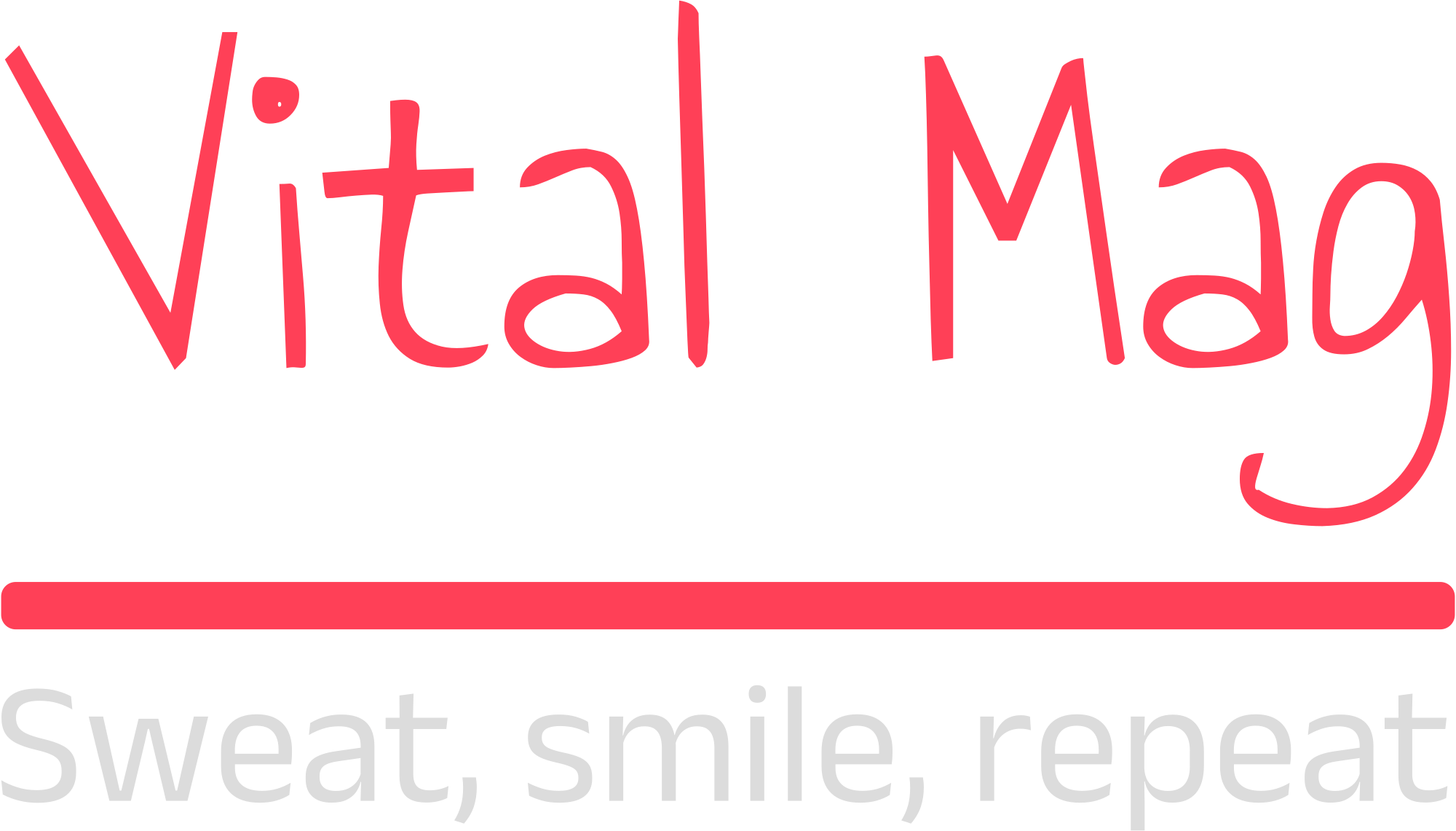Alternative therapies have become increasingly popular in addiction recovery, offering additional support and holistic approaches to traditional addiction treatment methods. These therapies can enhance the recovery process by addressing physical, emotional, and spiritual aspects of healing.
Understanding Alternative Therapies
Alternative therapies, also known as complementary or integrative therapies, include a wide range of practices that fall outside traditional medical treatment. These therapies focus on holistic healing, aiming to treat the whole person rather than just the symptoms of addiction.
Common Alternative Therapies in Addiction Recovery
There are several alternative therapies commonly used in addiction recovery, each offering unique benefits:
Acupuncture
Acupuncture involves inserting thin needles into specific points on the body to stimulate healing and balance energy flow. It can help reduce cravings, alleviate withdrawal symptoms, and promote relaxation.
Yoga and Meditation
Yoga combines physical postures, breathing exercises, and meditation to promote physical and mental well-being. Meditation helps reduce stress, improve focus, and enhance emotional regulation. Both practices can support recovery by promoting mindfulness and self-awareness.
Art Therapy
Art therapy uses creative expression through painting, drawing, or sculpting to explore emotions and experiences. It provides a non-verbal outlet for processing trauma, reducing stress, and improving emotional health.
Equine Therapy
Equine therapy involves working with horses to build trust, develop communication skills, and promote emotional healing. Interacting with horses can help individuals gain insights into their behaviors and develop a sense of responsibility and empathy.
Music Therapy
Music therapy uses music to address emotional and psychological needs. It can involve listening to music, playing instruments, or writing songs.

Music therapy helps reduce stress, improve mood, and provide a creative outlet for expressing feelings.
Benefits of Alternative Therapies in Addiction Recovery
Alternative therapies offer several benefits that can enhance traditional addiction treatment and support long-term recovery:
Holistic Healing
Alternative therapies address the physical, emotional, and spiritual aspects of recovery. This holistic approach can lead to more comprehensive healing and a deeper sense of well-being.
Stress Reduction
Many alternative therapies, such as yoga, meditation, and acupuncture, are effective at reducing stress. Lowering stress levels can help prevent relapse and support emotional stability.
Emotional Expression
Therapies like art and music therapy provide non-verbal ways to express emotions and process experiences. These creative outlets can be especially helpful for individuals who struggle to articulate their feelings through words.
Enhanced Self-Awareness
Practices like mindfulness meditation and yoga promote self-awareness and introspection. This increased awareness can help individuals recognize triggers, develop coping strategies, and make healthier choices.
Building Positive Relationships
Therapies like equine therapy and group yoga sessions encourage positive interactions and build a sense of community. Developing healthy relationships and social connections is crucial for maintaining sobriety.
Integrating Alternative Therapies into Your Recovery Plan
Incorporating alternative therapies into your recovery plan can enhance your overall treatment experience. Here are some steps to help you get started:
Consult with Your Treatment Provider
Talk to your healthcare provider or addiction specialist about integrating alternative therapies into your treatment plan.

They can help you identify which therapies might be most beneficial for you and provide recommendations for reputable practitioners.
Start Slowly
Introduce one or two alternative therapies at a time to see how they fit into your recovery routine. Starting slowly allows you to gauge their effectiveness and make adjustments as needed.
Find Qualified Practitioners
Ensure that you work with qualified and certified practitioners who have experience in addiction recovery. Research their credentials, read reviews, and ask for recommendations from your treatment provider.
Stay Open-Minded
Be open to exploring different therapies and discovering what works best for you. Each individual’s recovery journey is unique, and finding the right combination of therapies can take time.

Ann is a beacon of inspiration and knowledge in the health blogging community, known for her holistic approach to wellness that combines mindful nutrition, balanced fitness routines, and mental health awareness. With a passion for empowering her readers to achieve their healthiest selves, Ann shares practical advice, easy-to-follow recipes, and personal anecdotes that make navigating the journey to wellness accessible and enjoyable.

